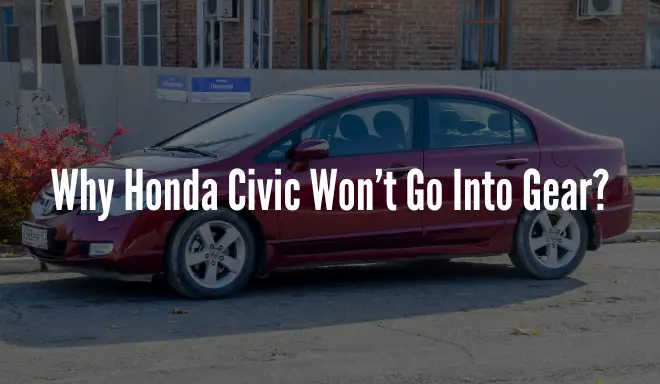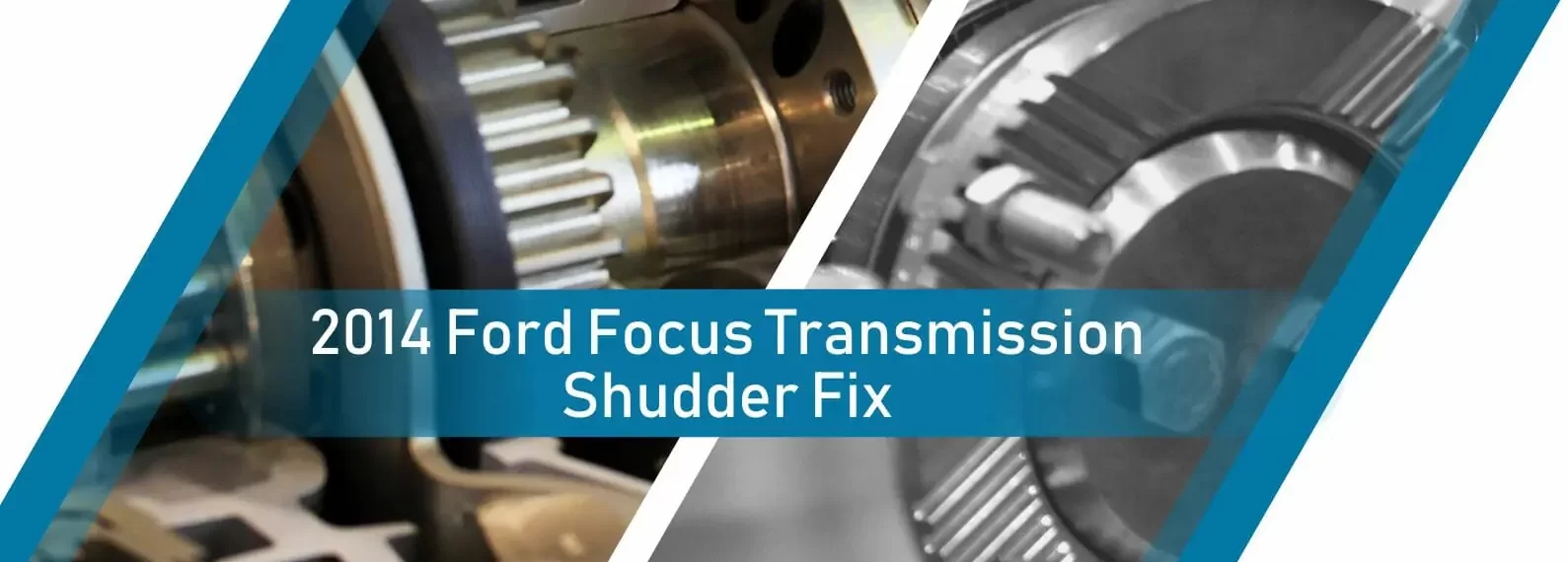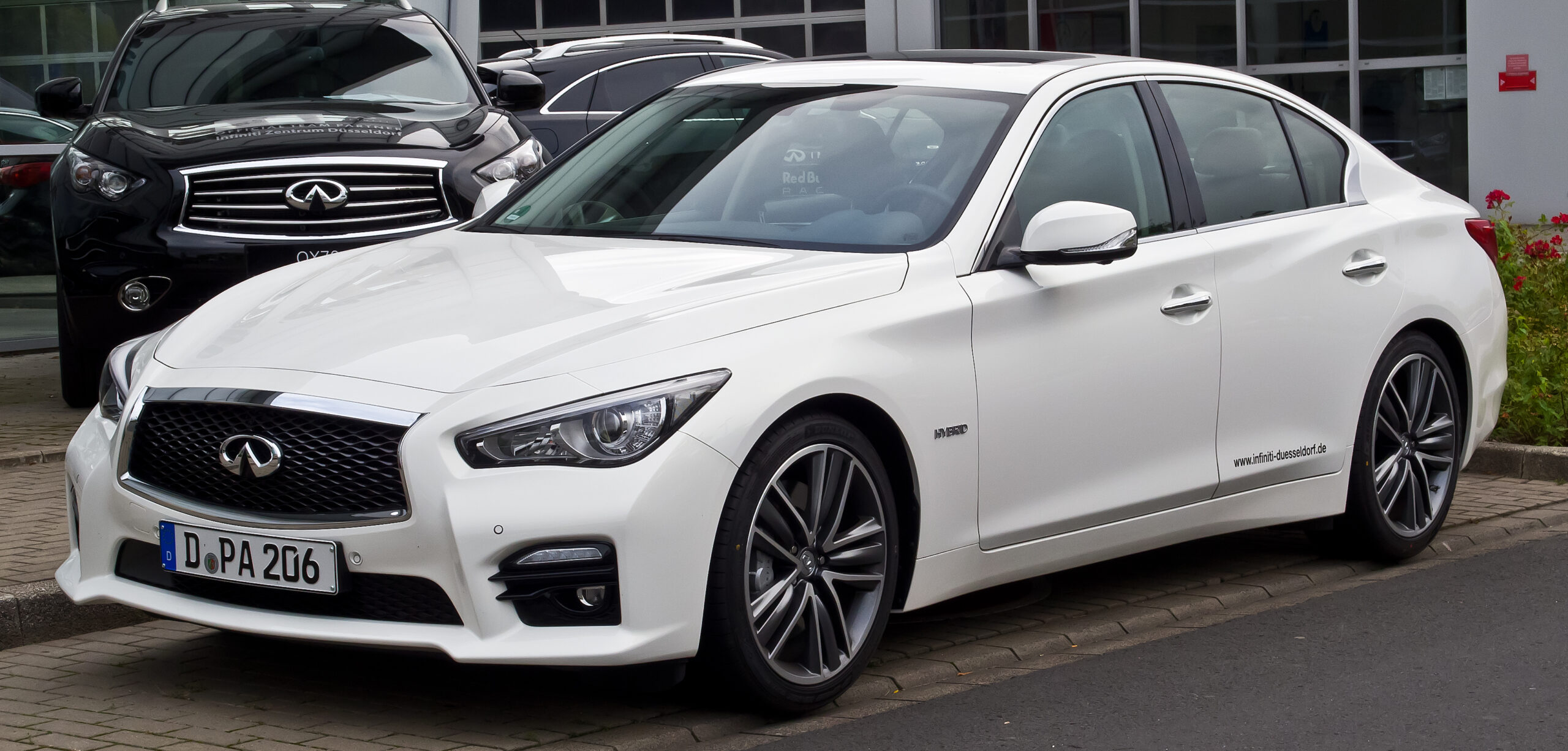If you’re a Honda Civic owner, you know how frustrating it can be when your car won’t go into gear.
This issue can be caused by a variety of factors, from a bad clutch release bearing to a problem with the shift linkage.
In this article, we’ll explore all the reasons why your Honda Civic won’t go into gear and provide you with a quick fix.
We’ll also provide you with some maintenance tips to help keep your Honda Civic running smoothly.
So, if you’re tired of dealing with this issue, keep reading to find out how to get your Honda Civic back on the road in no time!
Also Read: What Are Some Of The Common Ford 1.5 TDCI Engine Problems?
Why Honda Civic Won’t Go Into Gear?
If your Honda Civic won’t go into gear, there could be several reasons for it. Some of the most common causes include transmission, brakes, and other mechanical issues. Let’s explain each one by one:
1: Transmission issues
If your transmission is damaged or worn out, it can cause problems with shifting gears. Some common signs of transmission issues include difficulty shifting gears, slipping gears, and grinding noises when shifting.
2: Brake issues
If your brake system is not functioning properly, it can cause your Honda Civic to not go into gear. This is because the brake pedal must be depressed in order to shift out of park.
3: Clutch issues
If your clutch is worn out or damaged, it can cause problems with shifting gears. Some common signs of clutch issues include difficulty shifting gears, slipping gears, and a burning smell when shifting.
4: Other mechanical issues
There are a number of other mechanical issues that can cause your Honda Civic to not go into gear. Some common examples include a faulty shifter cable, a damaged shifter assembly, or a worn out clutch master cylinder.
If you find it difficult to get into gear at times, all you need to do is go back to neutral, release the clutch, and depress it again and you should be able to select a gear then. If the transmission is not shifting correctly, the car will not move. Try having someone inside the car push the clutch in when the car is on and have another person try shifting it into gear under the hood. If it goes into gear then, it means it is something to do with your shifter assembly (inside the cabin) or your cables.
How Do You Fix A Honda Civic That Won’t Go Into Gear?
Here are some steps you can take to fix your Honda Civic that won’t go into gear:
- Check the clutch pedal: Ensure that the clutch pedal is fully depressed before attempting to shift gears. If the clutch pedal is not fully depressed, it can cause problems with shifting gears.
- Check the brake system: Ensure that the brake pedal is fully depressed before attempting to shift gears. If the brake system is not functioning properly, it can cause your Honda Civic to not go into gear.
- Check the transmission fluid: Low or dirty transmission fluid can cause problems with shifting gears. Check the transmission fluid level and condition and replace it if necessary.
- Check the shifter assembly: If the shifter assembly is damaged or worn out, it can cause problems with shifting gears. Check the shifter assembly and replace it if necessary.
- Check the shifter cables: If the shifter cables are damaged or worn out, it can cause problems with shifting gears. Check the shifter cables and replace them if necessary.
Why can I move my Honda Civic shifter but it won’t move into gear?
If you can move the shifter but it won’t move into gear, there could be several reasons for it. Here are some of the most common causes:
- Worn out bushings: Worn out bushings can cause problems with shifting gears. Check the shift linkage and make sure everything is in good condition.
- Loose bolts: Loose bolts can cause the shifter to move but not engage the gear. Check the shift linkage and make sure everything is in good condition.
- Broken linkage rods: Broken linkage rods can cause the shifter to move but not engage the gear. Check the shift linkage and make sure everything is in good condition.
- Misaligned throttle position sensors: Misaligned throttle position sensors can cause gear shifting issues in Honda Civics. Diagnosing the issue and seeking proper repair can help ensure smooth operation.
- Malfunctioning shift solenoids: Faulty transmission solenoids are another possible cause of gear shifting issues in Honda Civics. When these solenoids aren’t functioning correctly, they can cause the transmission to not shift properly or at all. Replacing the faulty solenoids may resolve the problem.
- General wear and tear: General wear and tear related to higher mileage can cause gear shifting issues in Honda Civics. Understanding the symptoms and causes of these shifting problems is crucial for Civic owners, as it helps them to diagnose the issue and seek the appropriate repair solutions.
Why Does Honda Civic Won’t Go Forward or Reverse?

If your Honda Civic won’t go forward or reverse, it could be due to several reasons. Here are some of the most common causes and solutions:
- Incorrect gear: Ensure that you are in the correct gear before attempting to drive. If you want to move forward, ensure that your vehicle is in the ‘Drive’ gear. If you want to move backward, ensure that your vehicle is in the ‘Reverse’ gear. Otherwise, you will be feeding fuel to the engine and burning it up for no reason.
- Low transmission fluid: Low or dirty transmission fluid can cause problems with shifting gears. Check the transmission fluid level and condition and replace it if necessary.
- Worn out bushings: Worn out bushings can cause problems with shifting gears. Check the shift linkage and make sure everything is in good condition.
- Loose bolts: Loose bolts can cause the shifter to move but not engage the gear. Check the shift linkage and make sure everything is in good condition.
- Broken linkage rods: Broken linkage rods can cause the shifter to move but not engage the gear. Check the shift linkage and make sure everything is in good condition.
- Misaligned throttle position sensors: Misaligned throttle position sensors can cause gear shifting issues in Honda Civics. Diagnosing the issue and seeking proper repair can help ensure smooth operation.
- Malfunctioning shift solenoids: Faulty transmission solenoids are another possible cause of gear shifting issues in Honda Civics. When these solenoids aren’t functioning correctly, they can cause the transmission to not shift properly or at all. Replacing the faulty solenoids may resolve the problem.
- General wear and tear: General wear and tear related to higher mileage can cause gear shifting issues in Honda Civics. Understanding the symptoms and causes of these shifting problems is crucial for Civic owners, as it helps them to diagnose the issue and seek the appropriate repair solutions.
What is the cost of replacing a Honda Civic’s clutch?
The cost of replacing a Honda Civic’s clutch depends on several factors, such as the age and overall condition of your car, and how much your mechanic charges for parts and labor. You can expect to pay somewhere between $1,000 and $1,500 for a clutch replacement. This cost includes the price of the replacement clutch kit, which usually costs between $600 and $700 for an original equipment manufacturer (OEM) clutch kit for a Honda Civic.
Also Read: Honda A13 Service: Its Meaning, What Its Entailed & Cost
FAQs
What causes Honda Civic not to go into gear?
There are several reasons why your Honda Civic won’t go into gear. Some of the most common reasons include a bad clutch release bearing, a problem with the shift linkage, or low transmission fluid levels.
What are the symptoms of a bad clutch release bearing?
The most common symptom of a bad clutch release bearing is a grinding noise when you press the clutch pedal. You may also notice that the clutch pedal feels soft or spongy.
What is the shift linkage?
The shift linkage is the mechanism that connects the gear shifter to the transmission. It allows you to shift gears by moving the gear shifter.
What are the symptoms of a problem with the shift linkage?
If there is a problem with the shift linkage, you may notice that your Honda Civic won’t go into gear or that it is difficult to shift gears. You may also hear a grinding noise when you try to shift gears.
What is low transmission fluid?
Low transmission fluid is when the fluid level in your Honda Civic’s transmission is below the recommended level. This can cause shifting problems and other issues.
What are the symptoms of low transmission fluid?
The most common symptom of low transmission fluid is that your Honda Civic won’t go into gear. You may also notice that the transmission slips or that the car hesitates when you try to accelerate.
How do I check the transmission fluid level in my Honda Civic?
To check the transmission fluid level in your Honda Civic, you need to locate the transmission dipstick. It is usually located near the back of the engine compartment. Pull out the dipstick, wipe it clean, and then reinsert it. Pull it out again and check the fluid level.
What type of transmission fluid should I use in my Honda Civic?
The type of transmission fluid you should use in your Honda Civic depends on the year and model of your car. Check your owner’s manual for the recommended type of fluid.
What is a clutch?
A clutch is a mechanical device that engages and disengages the power transmission between the engine and the transmission.
What are the symptoms of a worn clutch?
The most common symptom of a worn clutch is that your Honda Civic won’t go into gear. You may also notice that the clutch pedal feels soft or spongy.
What is a clutch release bearing?
A clutch release bearing is a component of the clutch system that helps to engage and disengage the clutch.
What are the symptoms of a faulty clutch release bearing?
The most common symptom of a faulty clutch release bearing is a grinding noise when you press the clutch pedal. You may also notice that the clutch pedal feels soft or spongy.
What is a torque converter?
A torque converter is a fluid coupling that connects the engine to the transmission.
What are the symptoms of a damaged torque converter?
The most common symptom of a damaged torque converter is that your Honda Civic won’t go into gear. You may also notice that the transmission slips or that the car hesitates when you try to accelerate.
What is a transmission filter?
A transmission filter is a component of the transmission system that helps to remove contaminants from the transmission fluid.
Conclusion
If you’re a Honda Civic owner, you know how frustrating it can be when your car won’t go into gear.
In this article, we’ve explored all the reasons why your Honda Civic won’t go into gear and provided you with a quick fix.
We’ve also provided you with some maintenance tips to help keep your Honda Civic running smoothly.
To summarize, the most common reasons why your Honda Civic won’t go into gear include a bad clutch release bearing, a problem with the shift linkage, or low transmission fluid levels.
To fix these issues, you may need to replace the faulty parts, refill the transmission fluid, or adjust the shift linkage.
To prevent these issues from happening in the future, it’s important to maintain your Honda Civic regularly.
This includes checking the transmission fluid levels, inspecting the clutch release bearing, and ensuring that the shift linkage is in good condition.
By following these maintenance tips, you can keep your Honda Civic running smoothly and avoid any future issues
We hope this article has been helpful in resolving your Honda Civic’s gear shifting issues.
If you have any further questions or concerns, feel free to reach out to us.
Thank you for reading!




